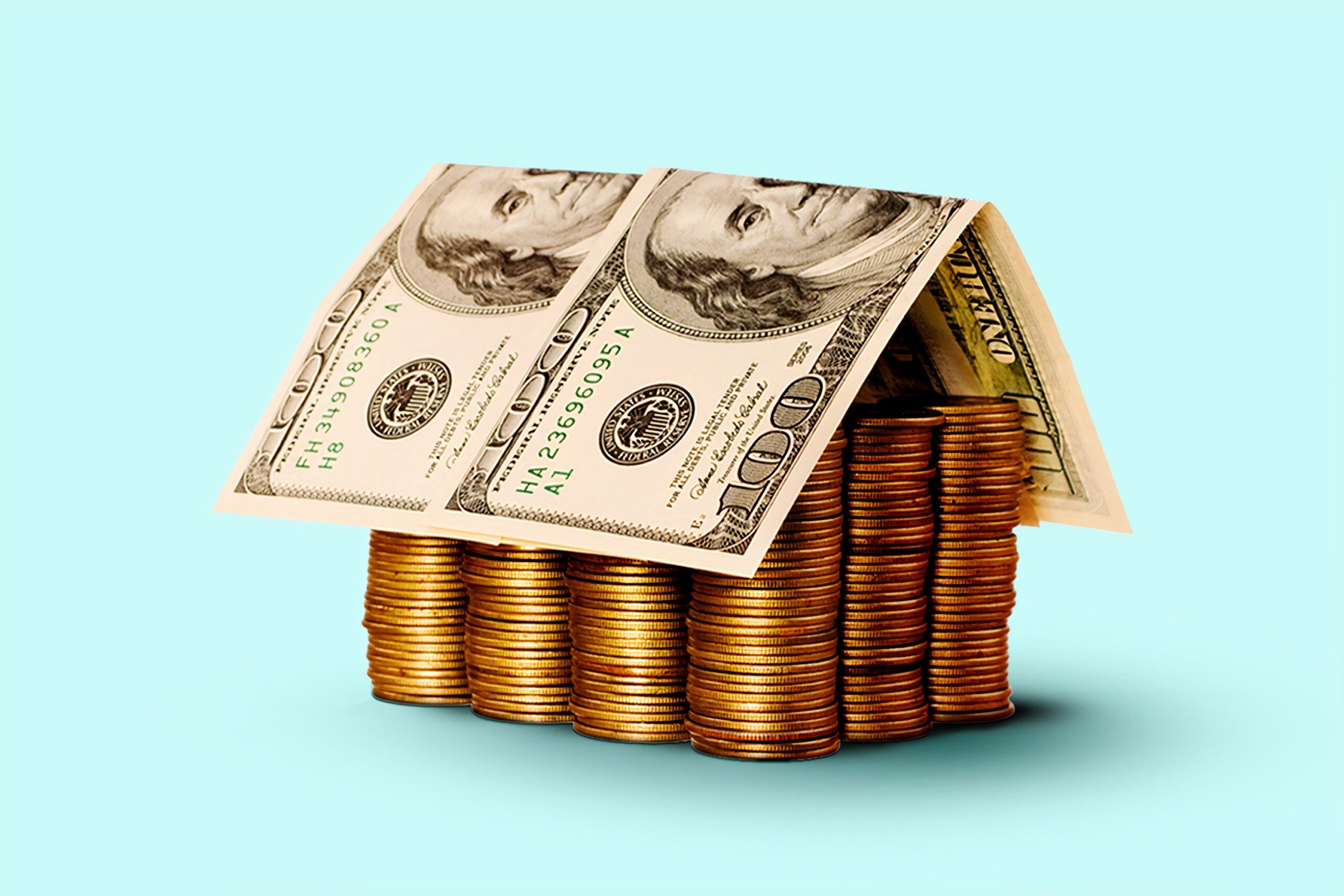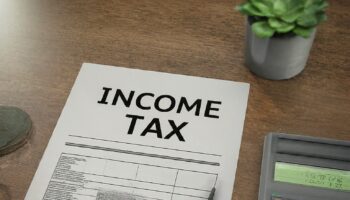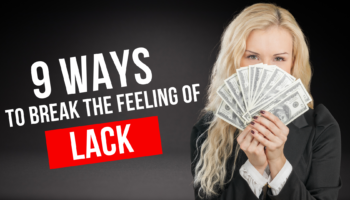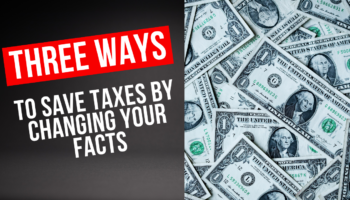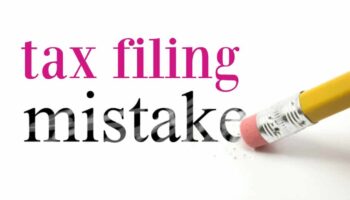This pandemic has forced a lot of people to make significant financial decisions.
Some have sold assets to generate income to fund basic living expenses.
Some have sold assets to address immediate health issues.
Some have sold assets to pay off debt.
Others have sold assets due to fear and uncertainty of the future.
And some have sold their assets in exchange for cash stored in their homes.
While there is nothing wrong with selling assets, you should consider certain criteria before selling. The last thing you want to do is to derail your financial journey by liquidating assets without careful planning.
Here are a few considerations you may want to review when thinking about selling your assets:
Productive assets vs. Unproductive assets
Productive assets are assets that generate income or cash flow. An example of a productive asset is a business you own or a rental real estate. Other productive assets are dividend stocks as these generate dividend income.
A vehicle you use for Uber is a productive asset as you generate income with it.
On the other hand, unproductive assets do not generate income. An example is a car you use for personal purposes, your 60-inch flat-screen TV, a piece of land that you own lying idle.
If you’re considering selling an asset, it’s best to first sell non-productive assets. And then use the proceeds to buy productive assets if you don’t have other immediate use for the cash.
Pay off debt vs. Invest
Should you sell an asset to pay off debt or should you sell your asset to invest in a new opportunity?
Paying off debt is likely the safest investment you can make as there is zero risk of loss. However, safety does not always mean it is the best thing to do.
Also, if your goal is to be financially free by being debt-free, you must remember that debt freedom does not equal financial freedom. What gives you financial freedom is the ability to generate cash flow on demand to meet and exceed your financial needs.
When it comes to debt, start by classifying your debt into productive debt and unproductive debt.
Productive debt is debt incurred to acquire a productive asset. It is debt that provides you with the ability to deduct the interest for tax purposes. An unproductive debt is consumer debt.
If you’re considering selling an asset to pay off debt, it makes no sense to sell a productive asset to pay off an unproductive debt or a productive debt for that matter.
Rather than selling an asset to pay off debt, consider ways you can generate more cash flow from the asset to pay off the debt. Perhaps, you can sell a productive asset to buy another productive asset with more cash flow.
My bias is always to invest my resources. Then use the income from the investment to first pay off unproductive debt as this has no tax benefit. Then slowly pay off the productive debt using income from the asset.
When it comes to paying off unproductive debt, the best approach is to first invest in yourself by acquiring some high-income skills and use the cash from your side business hustle with your high-income skills to liquidate your unproductive debt.
Buying assets vs. Selling assets
As an investor, my bias is always to buy and never to sell.
So, when does it make sense to sell an asset?
My answer is simple.
The only time it makes sense to sell an asset is if you can use the proceeds to buy other assets generating MORE cashflow.
You can use this lens when you’re considering any asset or any group of assets for sale.
If you own a dividend stock and the company reduces or suspends its dividend, you can sell this stock and use the proceeds to buy a new dividend stock offering more cashflow.
If you own a rental property that is not generating sufficient cash flow or appreciating in value, you can sell it if you find a better opportunity in another asset class.
You could sell a number of rental properties you have if you find an opportunity to invest in a great business that has value and generates a lot more cash than your rental properties.
There are so many ways you can go about doing this. What’s important is to understand the principle. If you’re selling an asset, you’re doing so because you want to buy a replacement asset that has more value and generates more cash flow.
Final Thoughts
Now you have a framework for determining the logical process when you’re considering selling an asset:
- Sell unproductive assets rather than productive assets.
- Resist selling assets to pay off debt. If you have to sell, use the proceeds to buy another productive asset and pay off debt using cash flow from the asset.
- The only time it makes sense to sell an asset is if you can use the proceeds to buy other assets generating MORE cashflow.
Consider listing every asset you own and the income generated by each asset. See if you can increase the income either by making changes to improve the operation of the asset or by swapping the asset with another asset.
P.S. Do you know I have a new book that can help you accelerate your wealth in a tax-efficient way? Check out my new book, Tax-Efficient Wealth, to learn how you can build wealth quickly using strategies that will save you a ton in taxes.


